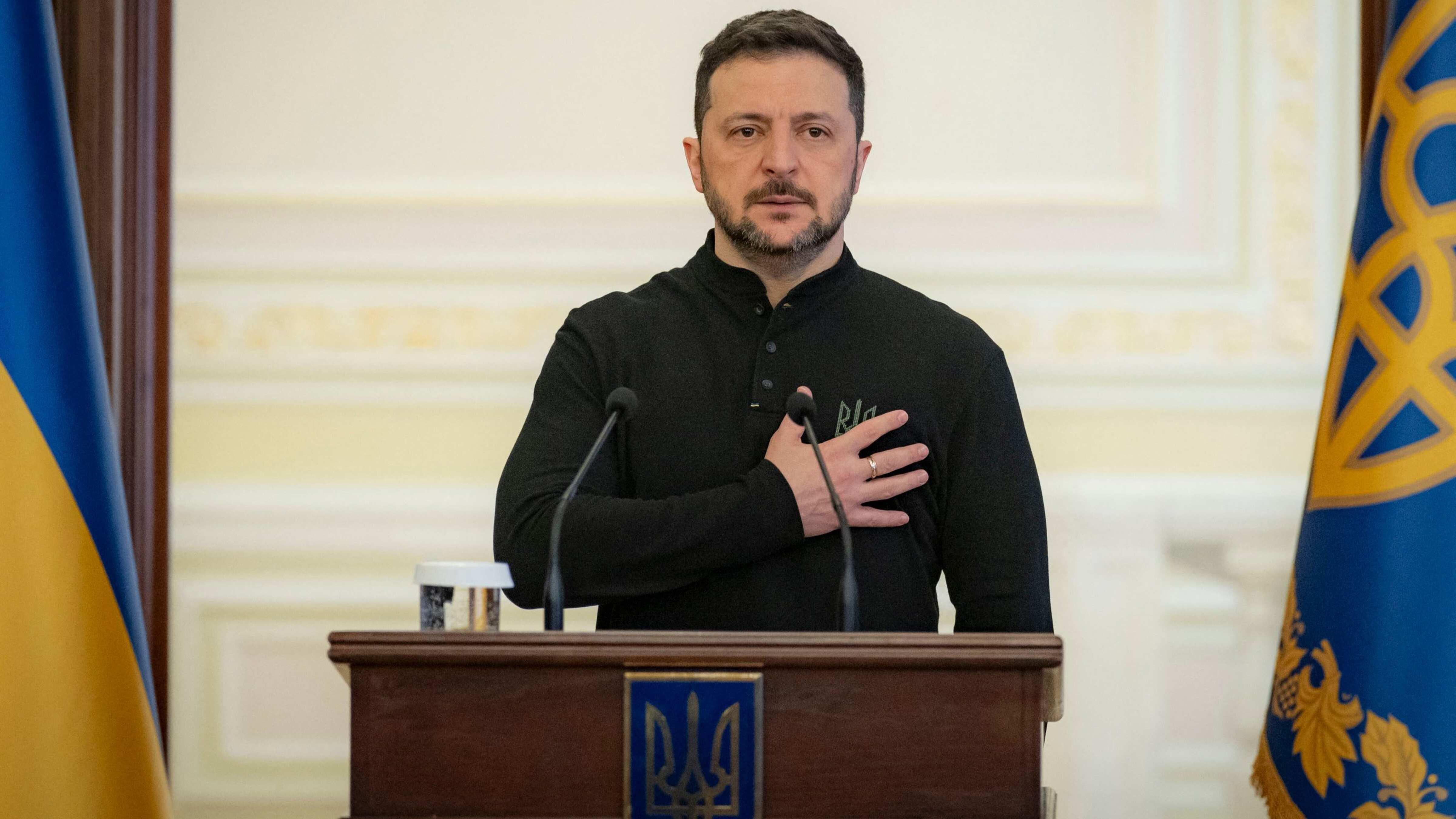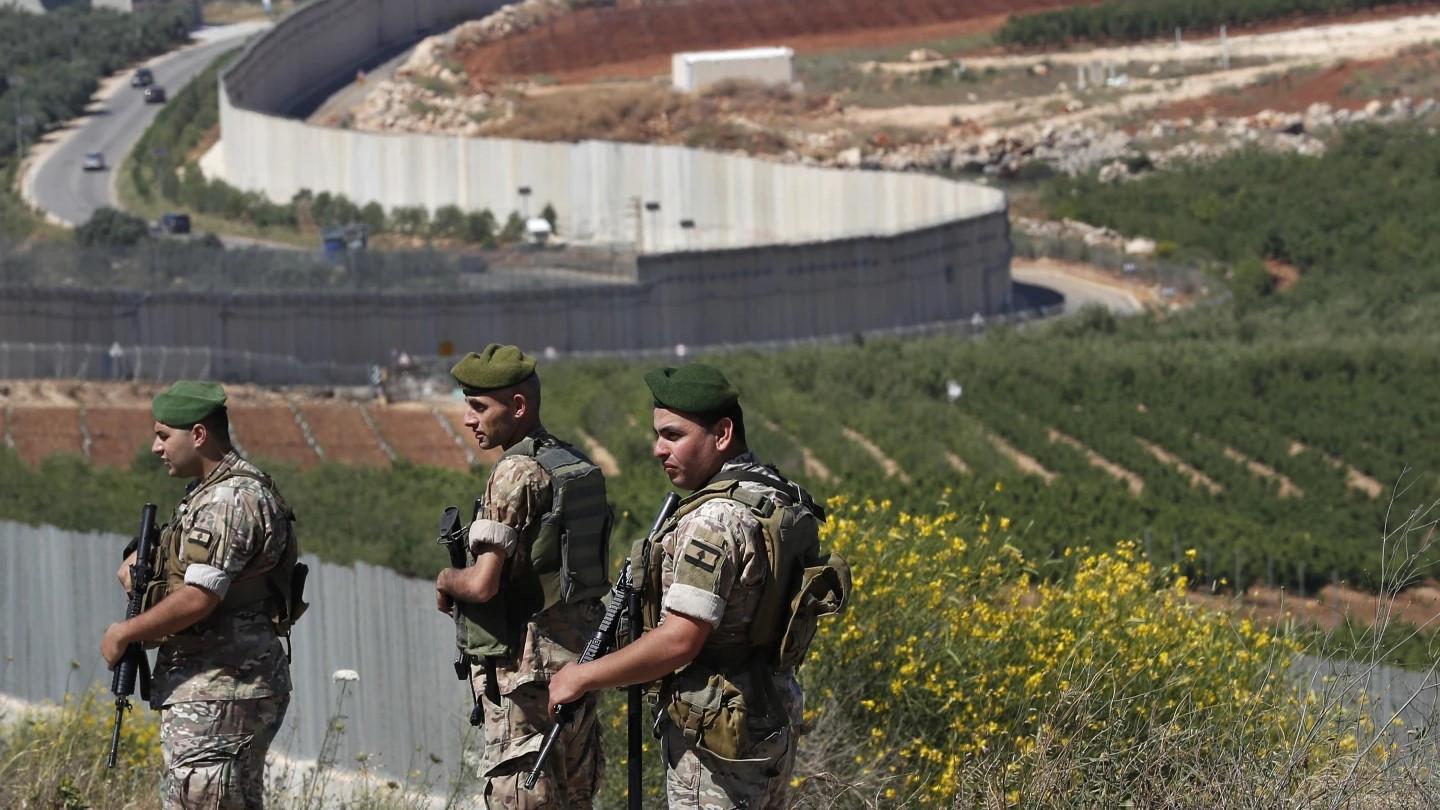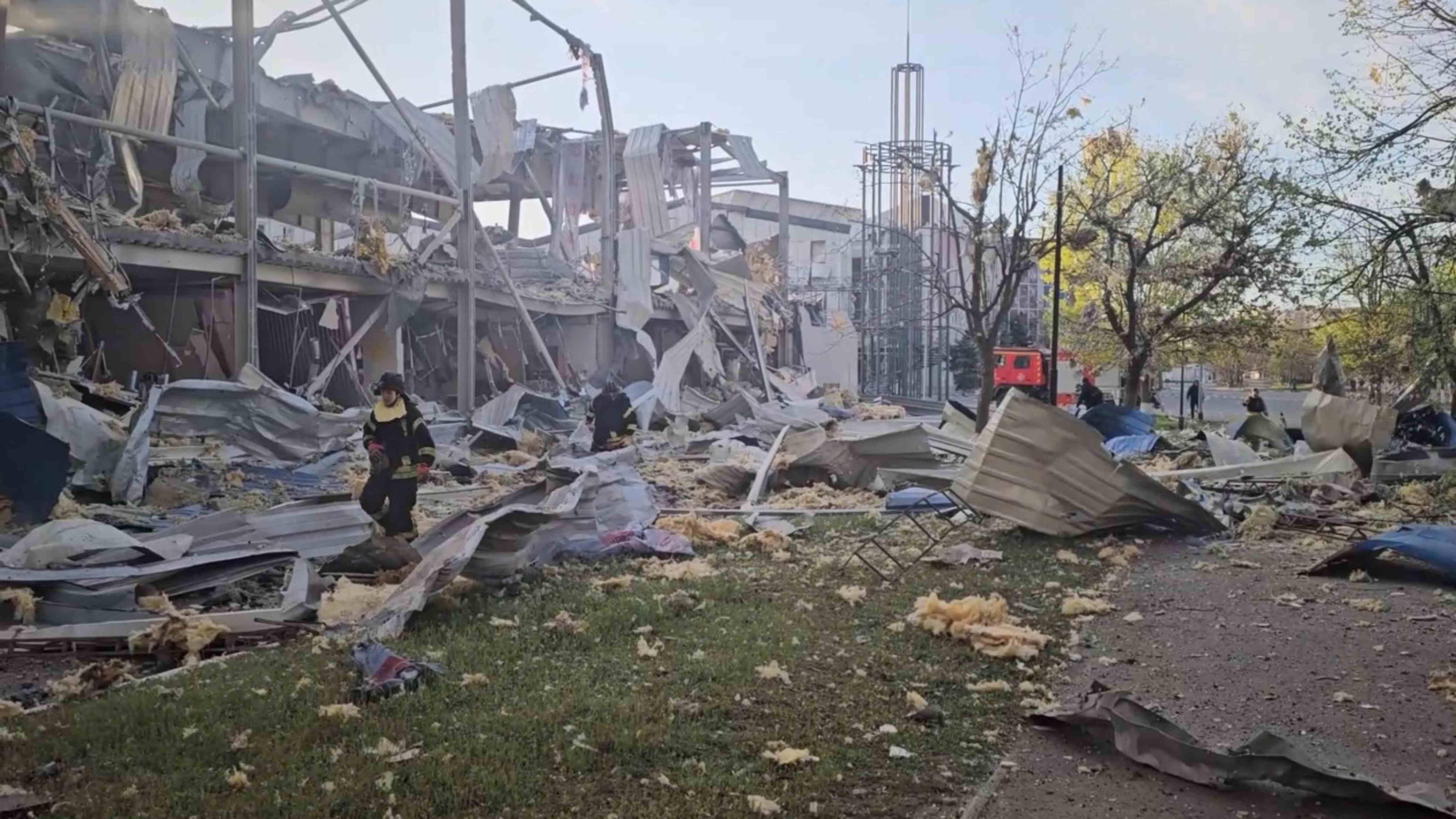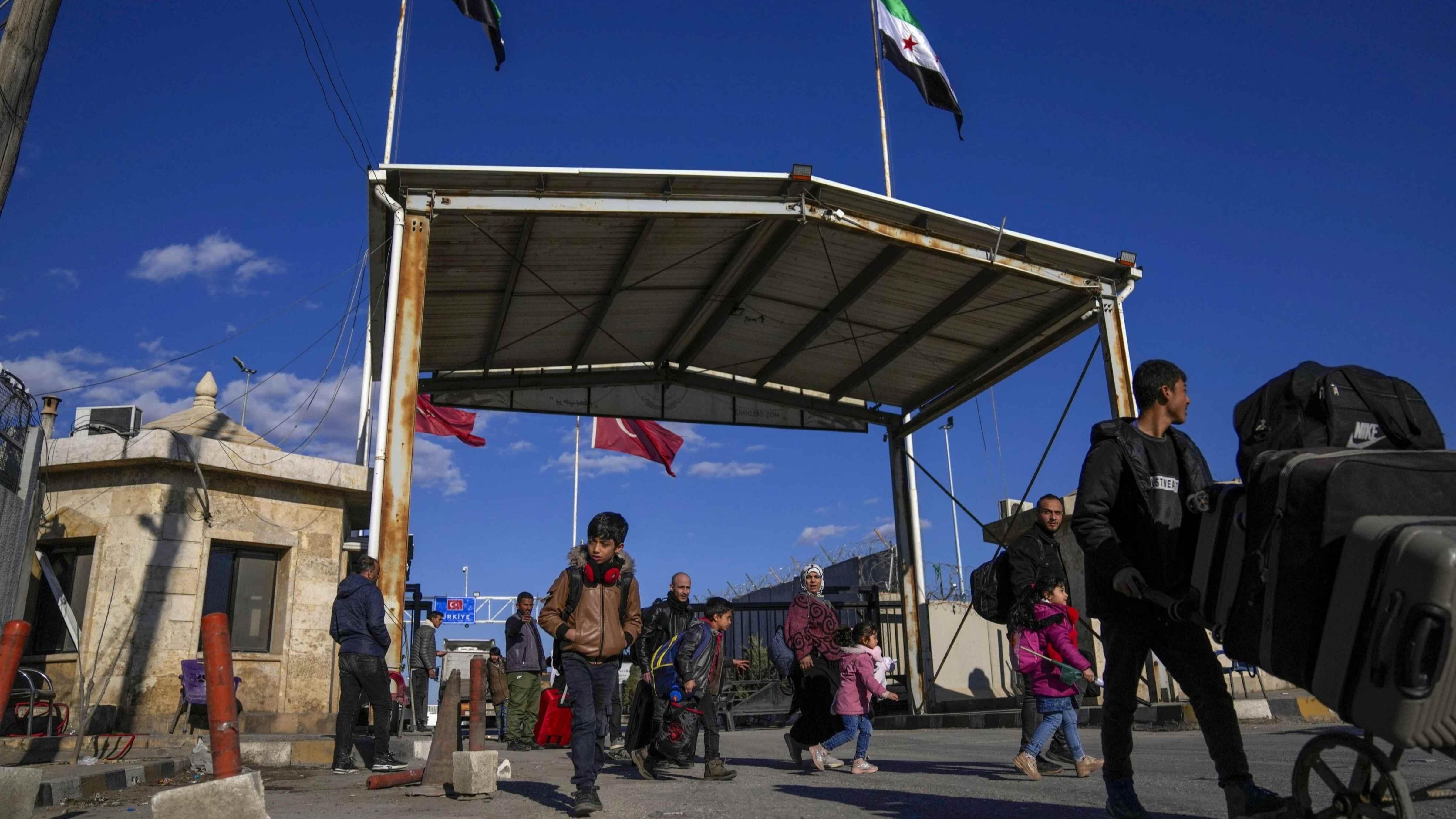Turkey has to work with Russia
Turkey may be directing defiant remarks at Russia for its military operations in Syria and its violation of Turkish airspace, but there is little that Ankara can do on its own in this regard. This is not only due to the superpower status of its northern neighbor, although it is clear that this aspect cannot be overlooked.
Turkey has vast economic interests in Russia and an overbearing dependence on it in terms of its energy requirements, which, if endangered, would shake the Turkish economy to the core.
There are few international issues that the two countries actually agree on. They have differences stretching from Cyprus to the Crimea, and most importantly for today, on the Middle East in general and Syria in particular. None of these have resulted in a severance of ties between the two countries, though.
It is noteworthy in this respect that President Recep Tayyip Erdoğan was in Moscow recently for the inauguration of the Grand Mosque, during which he did not hold back in lavishing praise on his Russian counterpart.
Erdoğan has also made it amply clear in the past that he would rather have Russia as a friend than any Western country, even asking Putin, half-jokingly, to help Turkey join the Shanghai Cooperation Organization, in return for which he promised to dump Ankara’s EU bid.
It is therefore unlikely that Russia’s military involvement in Syria, which has thrown the spanner into all of Ankara’s plans and expectations for that country, will lead to a serious diplomatic dispute or military confrontation between the two countries.
Turkey’s NATO allies, starting with the United States, are lining up now to condemn the Russian violation of Turkish airspace and to vow their support for Ankara against Moscow. Cynicism leads one to believe, however, that this has more to do with the West’s current conflict with Russia than any heart-felt desire to stand by Ankara.
An argument could also be made that Ankara’s NATO allies are reminding Erdoğan, given his barely concealed anti-Western stance on many issues, which side of the fence Turkey country stands on when it comes to differences with Russia that have global overtones.
Such speculation aside though, it is clear Turkey’s scope for maneuvering is limited and that it will have to come to some sort of understanding with Russia over Syria. Press reports on Wednesday indicated that Turkish military officials are already in contact with their Russian counterparts in Moscow to sound out the possibility of setting up a “working group” that will coordinate military movements to prevent incidents like the recent violation of Turkish airspace by a Russian jet fighter.
Being in the weaker position by far in this equation, Turkey will also have to establish a new dialogue with Russia concerning the future of Syria. Ankara’s single-dimensional Syrian policy, based predominantly on seeing President Bashar al-Assad fall, has long since collapsed, thanks largely to Moscow’s determined support for the Syrian regime.
But Turkey is not completely on the same page with its NATO allies with regards to Syria either, particularly on the question of prioritizing al-Assad’s downfall. It is also at odds with its allies concerning the status of Syrian Kurdish groups which Ankara sees as terrorist organizations but has failed to get the West to do so as well.
Much worse for Ankara, the Democratic Union Party (PYD), which has become the umbrella organization of Syrian Kurds and which is already allied with the West, has welcomed the Russian intervention in Syria, while Moscow is actively courting this group.
Given this overall picture, it is clear that the sooner Ankara charts a realistic course on Syria, and starts working much closer, not just with its allies, but also with Moscow, the quicker it will find a way out of the corner it has painted itself into.
It is at times such as these that the Justice and Development Party’s (AKP) overly ambitious foreign policy is seen to be what it really is.











